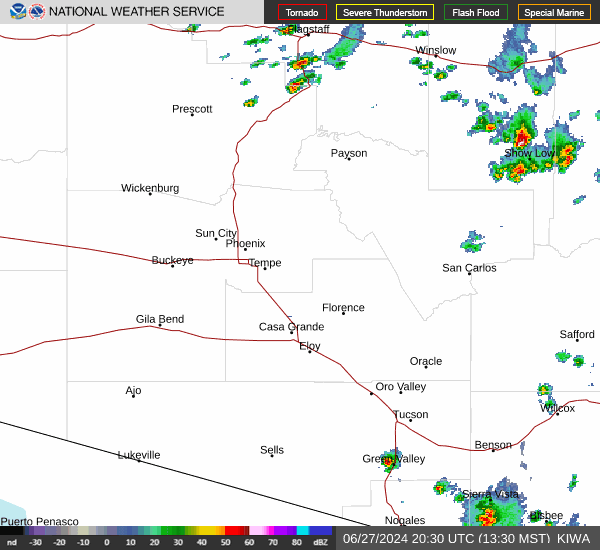Search results
The English monsoon came from Portuguese monção ultimately from Arabic موسم (mawsim, "season"), "perhaps partly via early modern Dutch monson". History Asian monsoon. Strengthening of the Asian monsoon has been linked to the uplift of the Tibetan Plateau after the collision of the Indian subcontinent and Asia around 50 million years ago.
News about Arizona, Phoenix, heat
News about India, Monsoon, Delhi
News about Colorado, 12News, active monsoon
News about NMDOT, safe driving tips, monsoon months
change in the direction of a prevailing wind, resulting in a region's rainy season or dry season. yachting. noun. sport of racing large sailing vessels. Encyclopedic entry. A monsoon is a seasonal change in the direction of the prevailing, or strongest, winds of a region. Monsoons cause wet and dry seasons throughout much of the tropics.
Jun 13, 2024 · A monsoon is a seasonal change in wind direction caused by temperature differences between land and water. Learn how monsoons affect rainfall and weather in Asia, the U.S. Southwest and other regions.
Jun 24, 2024 · monsoon, a major wind system that seasonally reverses its direction—such as one that blows for approximately six months from the northeast and six months from the southwest. The most prominent monsoons occur in South Asia, Africa, Australia, and the Pacific coast of Central America. Monsoonal tendencies also are apparent along the Gulf Coast ...
People also ask
Is a monsoon a rainy season?
What does a monsoon mean?
What type of climate is a monsoon?
What is a North American Monsoon?
monsoon: [noun] a periodic wind especially in the Indian Ocean and southern Asia.
Jul 12, 2019 · A Monsoon's "Dry" Phase Occurs in Winter. In the colder months, winds reverse and blow in a land-to-ocean circulation. As the land masses cool faster than the oceans, an excess in pressure builds over the continents causing the air over land to have higher pressure than that over the ocean. As a result, air over the land flows to the ocean.




